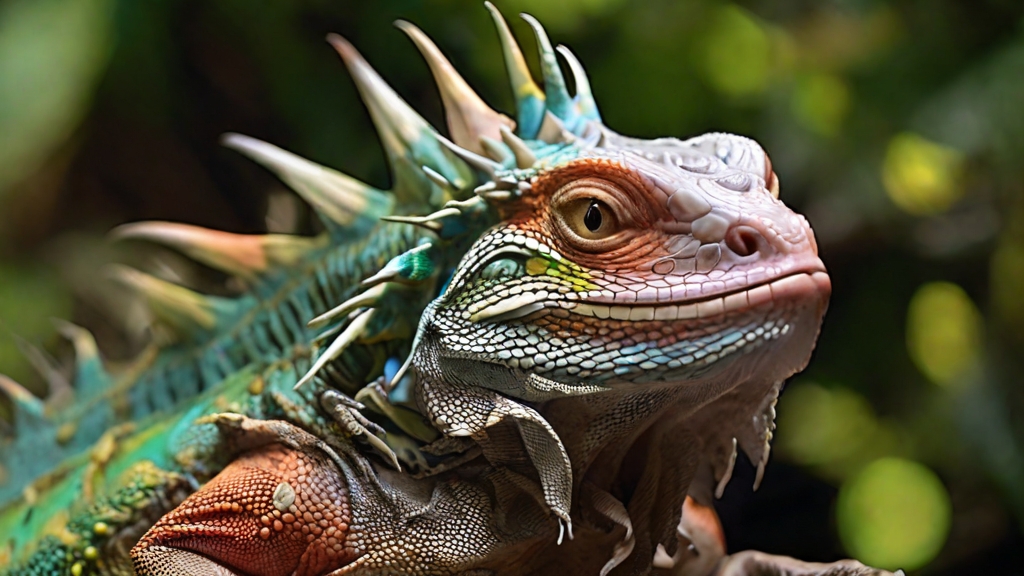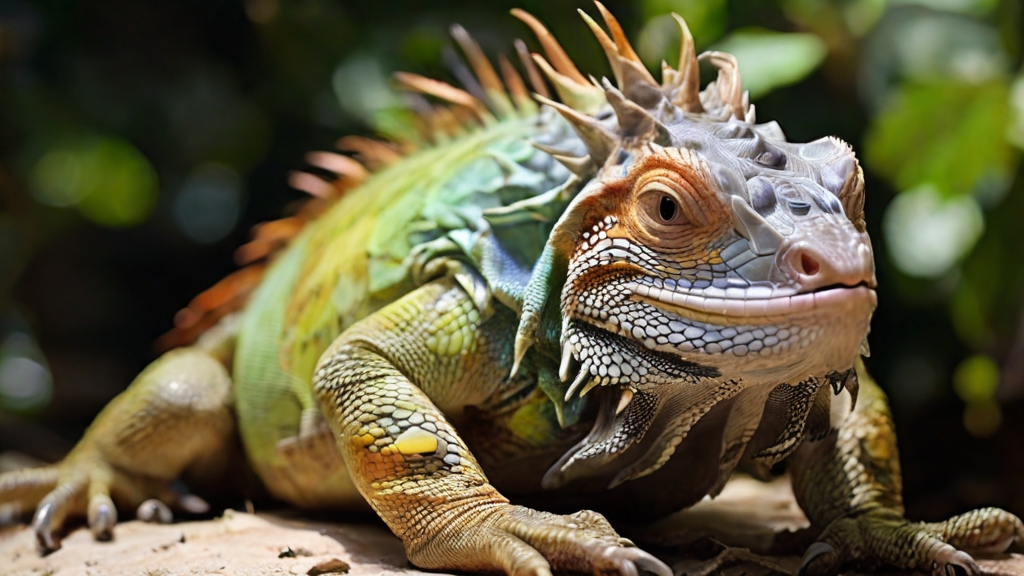In a major breakthrough, pink iguana babies have been spotted in the wild for the first time since the species was first discovered in 1986.
The pink iguana, which is considered to be facing a high risk of extinction, is thought to have a population of between 200-300 individuals on Wolf Volcano on Isabella Island.
The discovery was made during a ten-month-long expedition by the Galápagos National Park Directorate of Ecuador and the Galápagos Conservancy of the U.S. Hidden cameras were used to reveal that the species is still reproducing and building nests, but also identified the major threat to the pink iguana’s survival – non-native feral cats.
“Our Work Begins to Save the Pink Iguana”
The Ecuadorian Minister of the Environment celebrated the news, saying, “Excellent news for our country! Pink iguana hatchlings and juveniles were discovered for the first time after years of research. This is thanks to a collaboration between the GNPD and the Galápagos Conservancy. Congratulations to everyone who contributed to this discovery!”
Paul Salaman, President of Galápagos Conservancy, also shared his excitement, saying, “The discovery of the first-ever nest and young pink iguanas together with evidence of the critical threats to their survival has also given us the first hope for saving this enigmatic species from extinction. Now, our work begins to save the pink iguana.”
Initiative Galápagos, a program aimed at reversing the decline of all species on the islands, funded the expedition. A monitoring station has now been placed on the remote Wolf Volcano to keep a close watch on the pink iguanas.
The Challenges of Saving the Pink Iguana
The effort to conserve the pink iguana is challenging, due to the harsh terrain and conditions of Wolf Volcano. The iguanas nest at an altitude of 5600 feet, where there is little shade and temperatures can reach up to 100°F, and 160°F at ground level.
At night, temperatures drop to 50°F, with a strong and freezing wind. Additionally, the iguanas are known to be aggressive and can easily bite off a finger, making handling them difficult.
Overall, protecting all species – animal, plant and human – is crucial for a brighter future, and this discovery offers hope for the conservation of the pink iguana.




